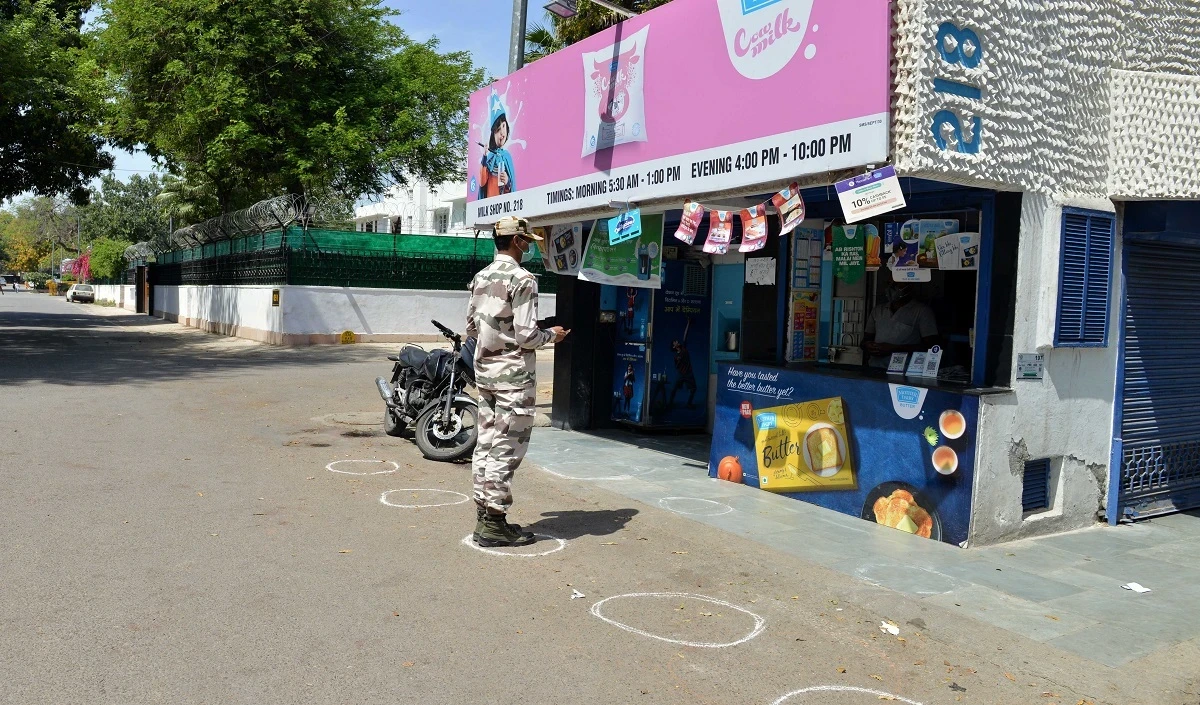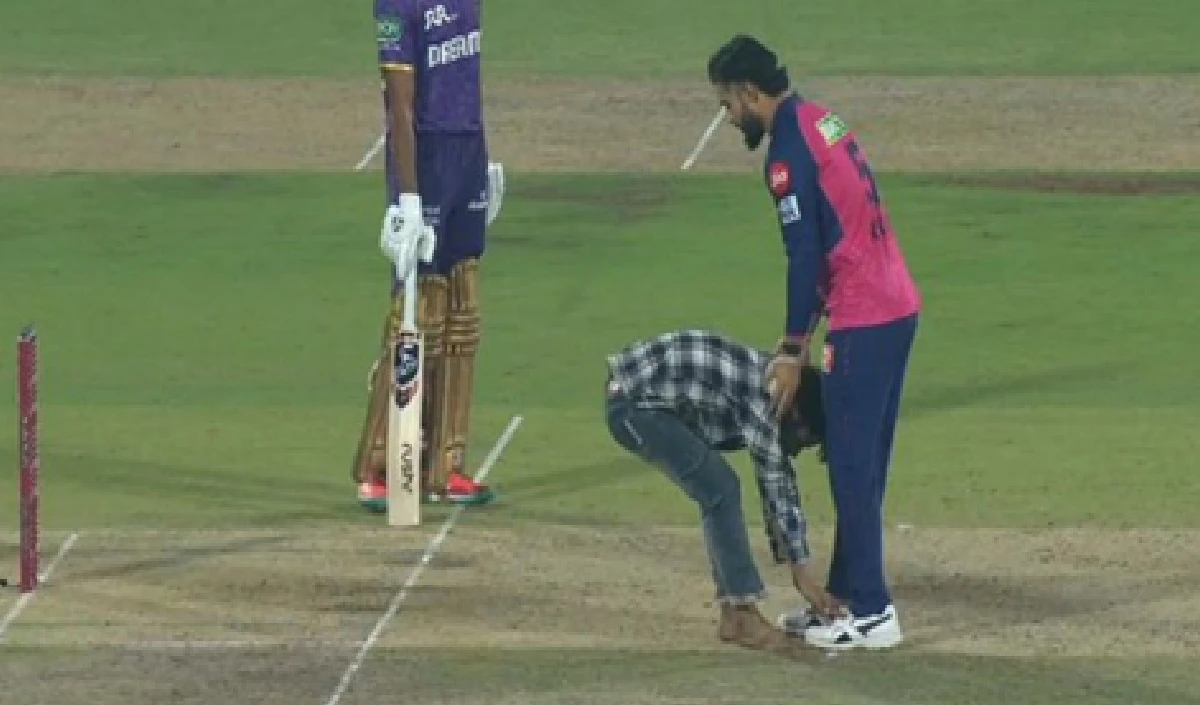The central government has got the opportunity to intervene in the appointment and transfers of High Court judges after alleged millions of rupees from the government residence of Delhi High Court Judge Yashwant Verma. The Central Government had passed the law of the National Judicial Appointment Commission in place of the collegium system in Parliament. In a controversial provisions of this law, the National Judicial Appointments Commission had a system of involvement of two well -known personalities in the National Judicial Appointments Commission and two well -known celebrities of the Supreme Court and the Union Law Minister. In the year 2015, the Supreme Court canceled the National Judicial Appointments Commission Law-NJAC unconstitutional.
After the possibility of re -implementing the Judicial Appointments Commission after Justice Verma Note Case, the expectation of the Central Government in the appointment of judges in the Supreme Court has arisen again. Vice President Jagdeep Dhankhar told political parties in the Rajya Sabha that he should think about a mechanism to abolish the appointment of judges on behalf of the judges. Dhankhar termed the top court’s verdict to cancel the law wrong. He described the National Judicial Appointments Commission Act unanimously created in 2014 as a visionary step. Its purpose was to abolish the monopoly of the Supreme Court Collegium on the appointment of SC and HC judges. Opposition leaders, including Congress President and Leader of Opposition in Rajya Sabha Mallikarjun Kharge and TMC’s Sukhendu Shekhar Roy, have asked the government to prepare the steps that she wants to raise.
Also read: Why does the judges not make their property public? Is there no code of conduct or law about this
The Supreme Court is suffering due to two reasons after the judge Kaashkand. By canceling the Judicial Appointment Commission and transferring Justice Verma to the Allahabad High Court. On cancellation of the Commission, the Vice President and Rajya Sabha Chairman Dhankhar condemned the decision to revoke the Supreme Court’s judicial commission during the meeting of political parties. On the other hand, the Allahabad High Court Bar Association has opposed the transfer of Justice Yashwant Verma. The association has warned Justice Verma’s boycott of the court besides the strike. Following the Justice Verma case, fingers have started to rise again on the appointment process of the High Court judges by the Supreme Court collegium. There is no transparency in the appointment of judges in the judiciary and preference to familism in them is called “Uncle Judge Syndrome”. When the names of advocates are proposed to make a judge, no opinion is taken from anyone at any level. In such a situation, many of the people whose names are proposed are from the family of former judges or their relatives. The Law Commission of India, in its 230th report, mentions the appointment of ‘Uncle Judges’ in the High Courts, stating that the judges whose family members are advocating in a High Court should not be appointed in the same High Court. Justice Verma, who is surrounded by controversies, is not the only case, which has caused problems before the Supreme Court. In the past, such cases have been reported against the judges of the High Court. Justice Shekhar Kumar Yadav of Allahabad High Court was in discussion about the rhetoric in the program of Vishwa Hindu Parishad recently. The Supreme Court sought complete information from the Allahabad High Court regarding his statement, while the demand for bringing impeachment motion against him in Parliament gained momentum. Justice V. Ramaswamy was the first judge against whom impeachment proceedings were initiated. The impeachment motion against him was brought to the Lok Sabha in 1993. But this proposal had fallen as it could not get the two-thirds majority of the necessary. Justice Ramaswamy was the Chief Justice of Punjab and Haryana in 1990 when he was accused of officially capturing the allotted house.
Justice Soumitra Sen of the Calcutta High Court was the second judge of the country who had to face impeachment. In 2011, an impeachment motion was brought against him by the Rajya Sabha. Justice Soumitra Sen sent his resignation to the then President Pratibha Devi Patil after the impeachment was carried out. He was the first judge to bring impeachment proposal for misconduct by the Upper House. In the year 2015, 58 members of the Rajya Sabha, Justice J.B. of the Gujarat High Court. A impeachment motion was moved against Pardiwala. JB Pardiwala made objectionable remarks against reservation. The MPs in their resolution objected to their abuses against Scheduled Castes and Tribes. Justice Pardiwala removed the words from his decision after the proposal for impeachment was sent to Hamid Ansari, who was the Vice President at that time. Sikkim High Court Chief Justice P.D. Preparations were made to bring impeachment against Dinakaran. But a few days before the hearing, Dinakaran resigned from his post. Dinakaran had cases of possession of land and disproportionate assets. Apart from this, in 2017, Rajya Sabha MPs, Justice CV of Andhra Pradesh and Telangana High Court. A proposal was made to initiate impeachment proceedings against Nagarjuna Reddy. In March 2018, opposition parties signed a draft motion to bring impeachment motion against Supreme Court Chief Justice Deepak Mishra. He was accused of misbehaving by opposition parties, but was rejected by the then Rajya Sabha Chairman. Apart from this, Justice S.K. of Madhya Pradesh High Court The process of impeachment proceedings against Gangley was also started, but could not be completed.
In the history of independent India, the process of impeachment against a single judge has not been completed till date. That is, no judge has been removed through impeachment. In fact, after the appointment of judges in the High Court and the Supreme Court, it is not easy to remove any judge after serious allegations. The Supreme Court only has the power to transfer the judges of the High Court. The work of removing is of Parliament. Political parties in Parliament are also divided on such issues. After the Justice Verma case, the demand for restoring the Judicial Appointments Commission is undoubtedly, but political parties are responsible for not passing impeachment in cases of corruption and misconduct against the judges. Political parties have their own interests. Under the guise of the Verma case, the central government wants its stake in the appointment of judges. It is not that the allegations of nepotism in the appointment of judges have been accused only on the Supreme Court, if political parties get a chance to do so after the restoration of the Commission, then they will go two steps ahead of it. After this, no one can stop the situation of judicial purity now from getting worse.
– Yogendra Yogi



